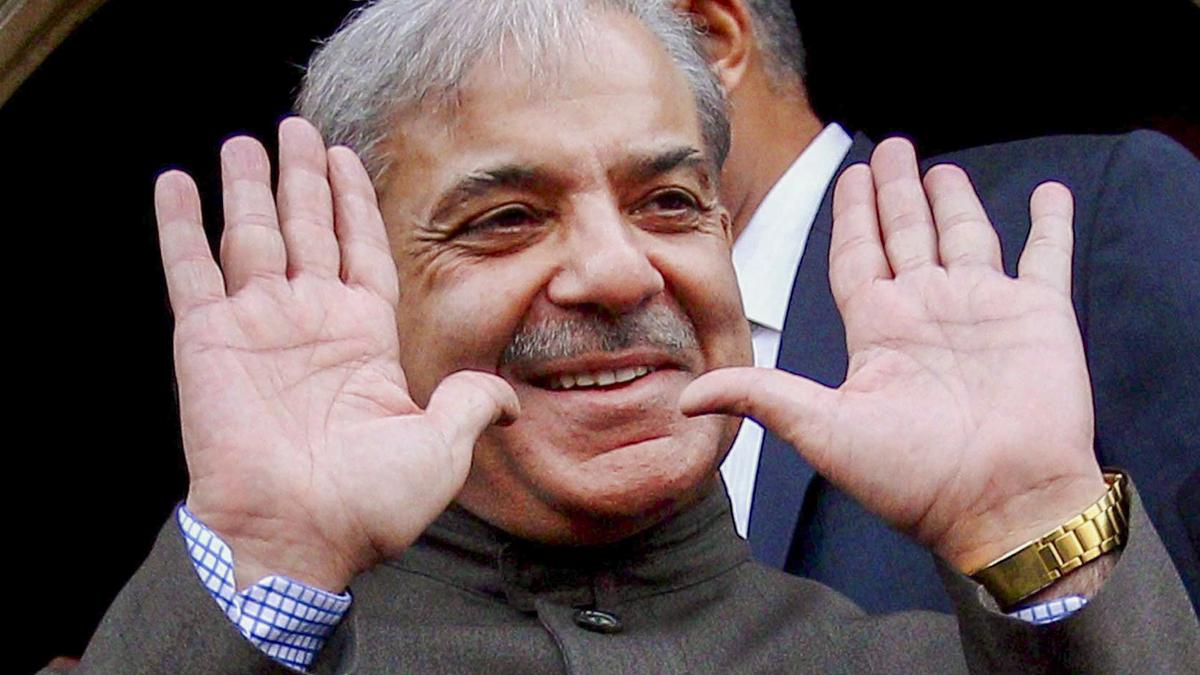
Rift surfaces in Pakistan's ruling coalition as PPP accuses PML-N of budget exclusion
The Hindu
The fissures within Pakistan’s ruling coalition government have surfaced with the PPP accusing the PML-N of not listening to its inputs while forming the budget
The fissures within Pakistan's ruling coalition government have surfaced with the PPP, a key ally, accusing the ruling PML-N of sidelining its inputs in the preparation of the annual budget and questioning if the Shehbaz Sharif-led government still values its support.
The Pakistan People’s Party (PPP) expressed its reservations in its parliamentary committee meeting presided over by the party chairman Bilawal Bhutto-Zardari on June 11, ahead of the presentation of the budget for the financial year 2024-25 in Parliament, The Dawn newspaper reported on June 12.
The PPP blamed the Pakistan Muslim League-Nawaz (PML-N) government for not taking any inputs from the party while preparing the annual budget and wondered if it still wanted the ally’s support, the report said.
Member of the National Assembly and PPP Information Secretary Shazia Marri, briefing journalists after the parliamentary body meeting, said the lawmakers apprised the leadership of problems in their constituencies and expressed reservations over development schemes.
“The attitude adopted by the federal government towards our lawmakers is causing problems to our members as they are accountable to the people,” she said, expressing PPP’s annoyance over the PML-N-led government’s behaviour.
“No input from our party was taken in preparing the budget. Even in the federal PSDP (Public Sector Development Programme), our opion was not taken. We had tried to prevent such a situation and senior party members approached the government, but it did not yield any result. We did not expect that our voices would not be heard,” she said.
Presided over by Prime Minister Shehbaz Sharif, a National Economic Council (NEC) meeting on June Monday approved a more than 47% increase in the federal PSDP to ₹1.4 trillion compared to the current year's ₹950 billion.











